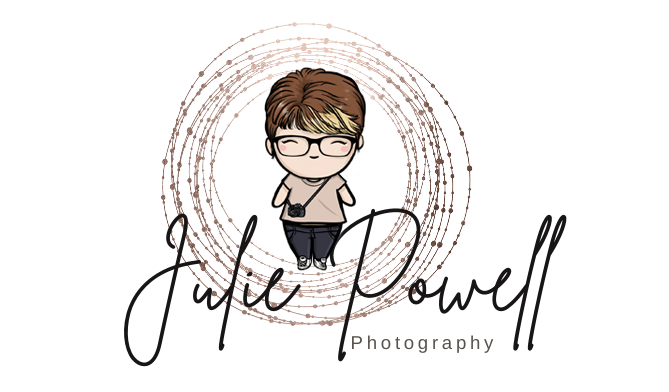Balancing Act: Natural Light and Constant Light for Outdoor Portraits
Outdoor portrait photography is a beautiful blend of natural light and creative control. While natural light can be stunning, sometimes it needs a little boost. This is where constant light comes in. Let’s explore how to balance these two light sources to create captivating portraits.
Model Emily, lit by twilight natural light and the Avant Max LED Light
Understanding Natural Light
Natural light is a photographer’s best friend. It’s free, abundant, and offers a soft, flattering quality that can be hard to replicate. However, it can be unpredictable, especially when the weather changes or the sun moves across the sky.
Golden Hour: The time shortly after sunrise and before sunset, when the light is soft and warm.
Blue Hour: The time just before sunrise and after sunset, when the sky is a deep blue.
Harsh Light: The strong, direct sunlight that can create harsh shadows and overexposed areas.
The Role of Constant Light
Constant light, such as LED lights (or even speedlights), provides a reliable and controllable light source. It can fill in shadows, add highlights, and create dramatic effects.
Fill Light: Used to soften shadows and add detail to the subject’s face, especially when backlit and mostly what I will demonstrate in this article
Rim Light: Used to separate the subject from the background by adding a rim of light around their edges.
Hair Light: Used to add a subtle highlight to the subject’s hair.
Balancing the Act
The key to successful outdoor portraiture is to balance the natural light with the constant light. Here are some tips:
Metering: Try using a light meter to measure the ambient light and the output of your constant light. This will help you determine the correct exposure settings.
Color Temperature: Ensure that the color temperature of your constant light matches the ambient light. This will prevent color casts in your images.
Power Settings: Adjust the power output of your constant light to match the intensity of the natural light.
Positioning: Experiment with different positions for your constant light. You can place it behind your subject, to the side, or even above them. I’m quite partial to Rembrandt lighting for this type of setup.
Modifiers: Use modifiers like softboxes, diffusers, and reflectors to shape and control the quality of your constant light.
Creative Techniques
Rembrandt Lighting: Create a small triangle of light on the subject’s cheek, adding depth and dimension to the portrait.
Split Lighting: Use a strong light source to illuminate one side of the subject’s face, creating a dramatic effect.
Broad Lighting: Position the main light source closer to the camera to illuminate the wider side of the subject’s face.
Conclusion
By understanding the nuances of natural light and the power of constant light, you can create stunning outdoor portraits. Remember, practice makes perfect. Experiment with different lighting setups and techniques to find your style. I recently had the Avant Max and a Softbox on location for a Twilight portrait shoot. When it was getting too dark for well-lit natural light portraits, we turned the Avant Max on to add some depth and dimension to the photos. We also added the new Blade 5 LED Light and placed it inside a book to light the model’s face.
Additional Tips
Location Scouting: Choose locations with interesting backdrops and good lighting conditions.
Weather Considerations: Be prepared for changing weather conditions.
Communication: Clearly communicate with your subject to help them relax and pose naturally.
Post-Processing: Use editing software to fine-tune your images and enhance the overall look.
By combining these techniques and tips, you can elevate your outdoor portrait photography to new heights.










